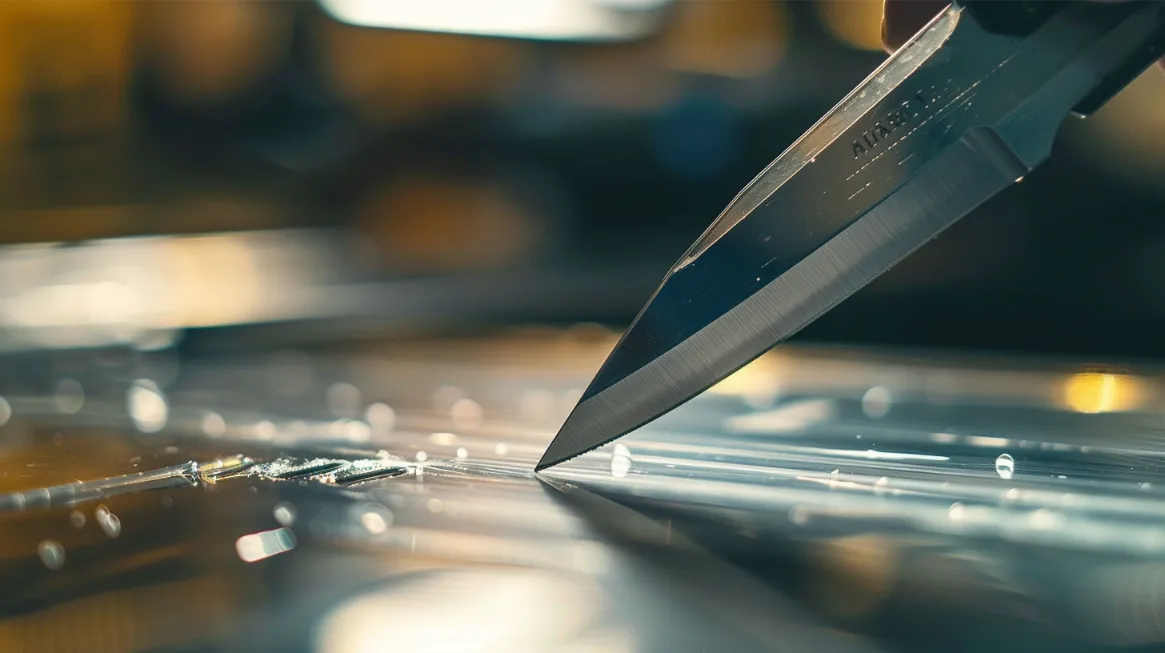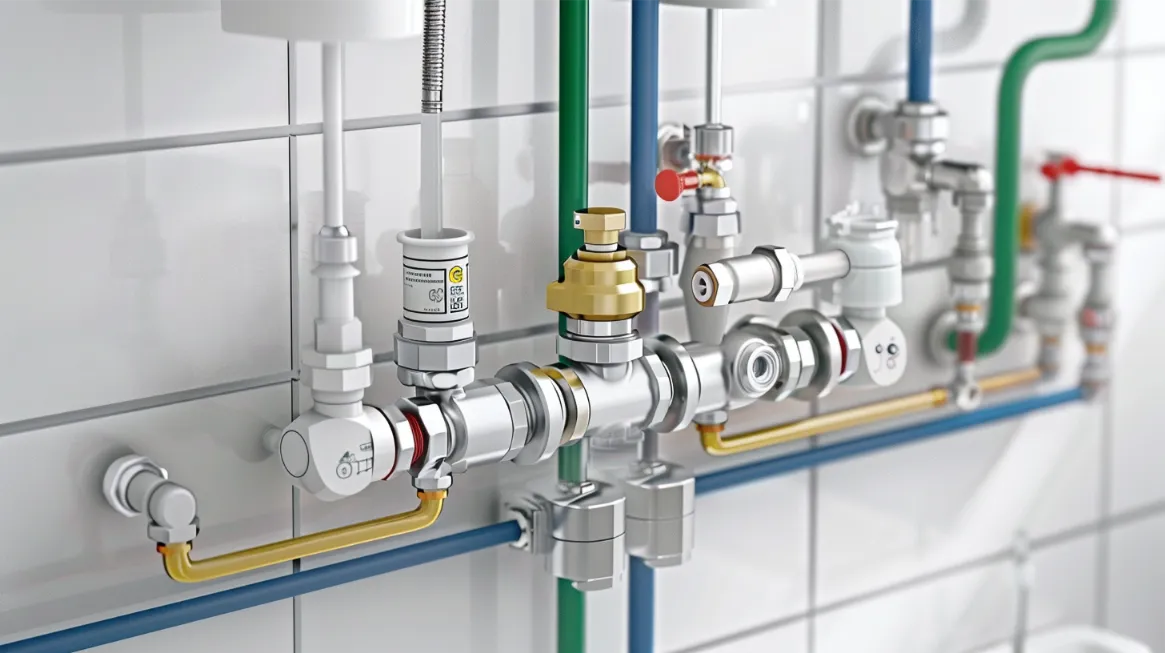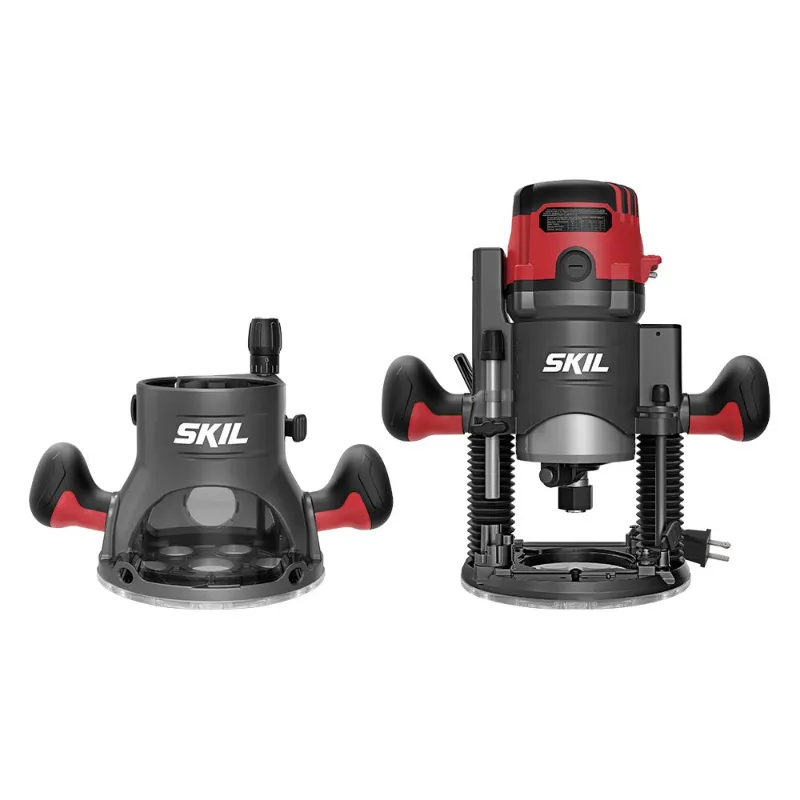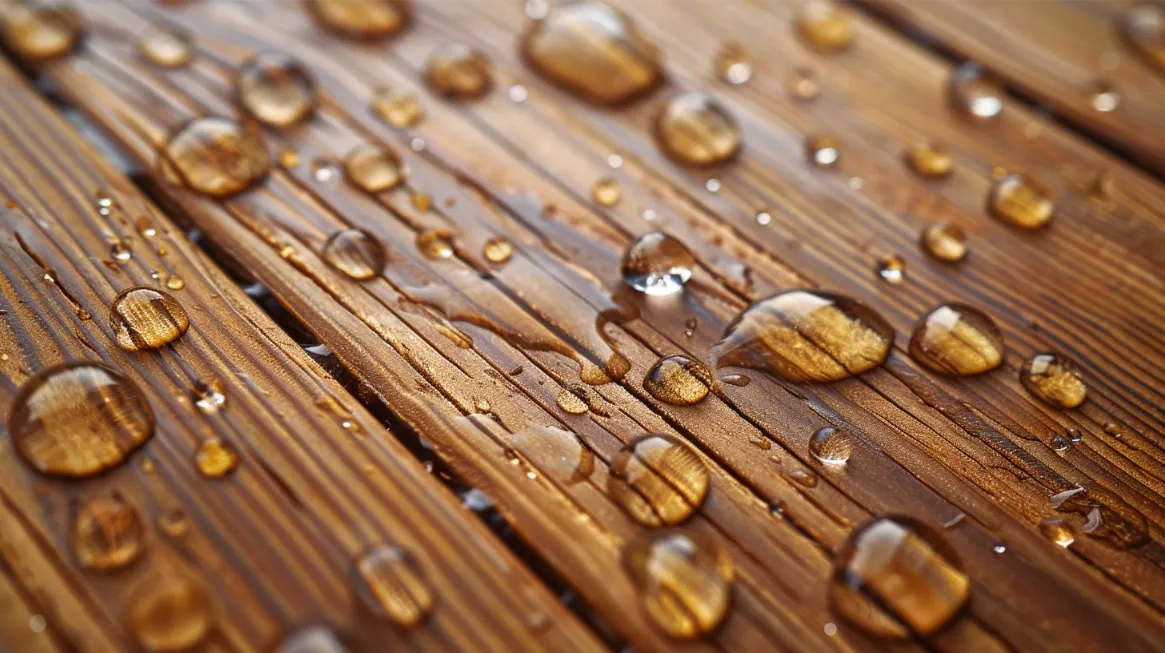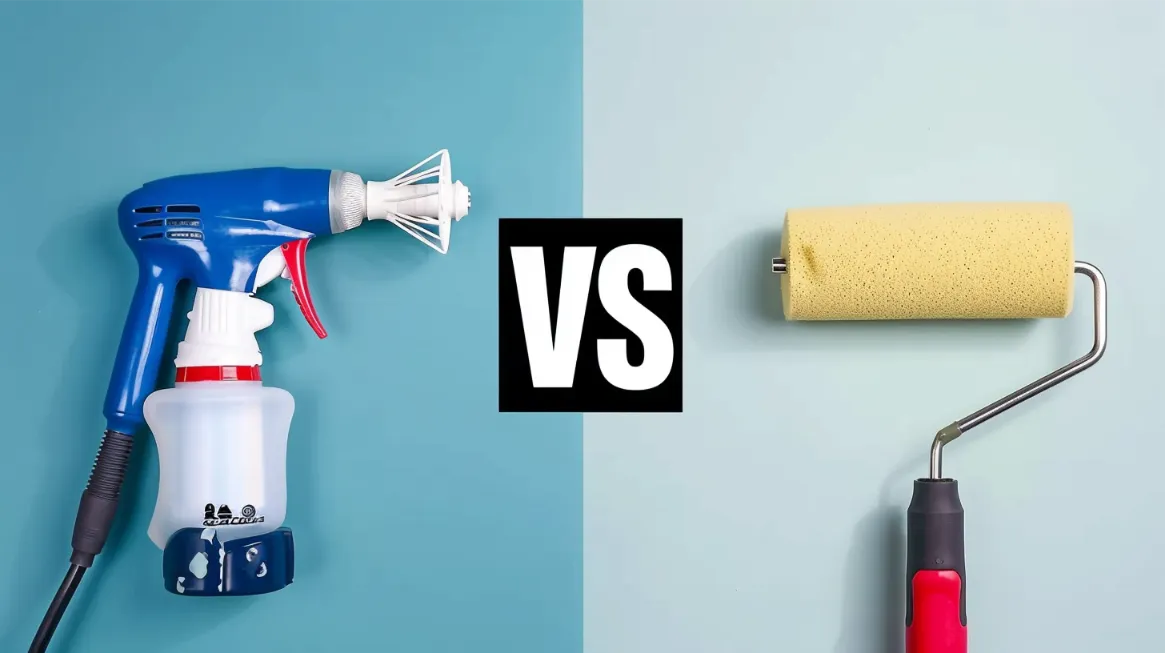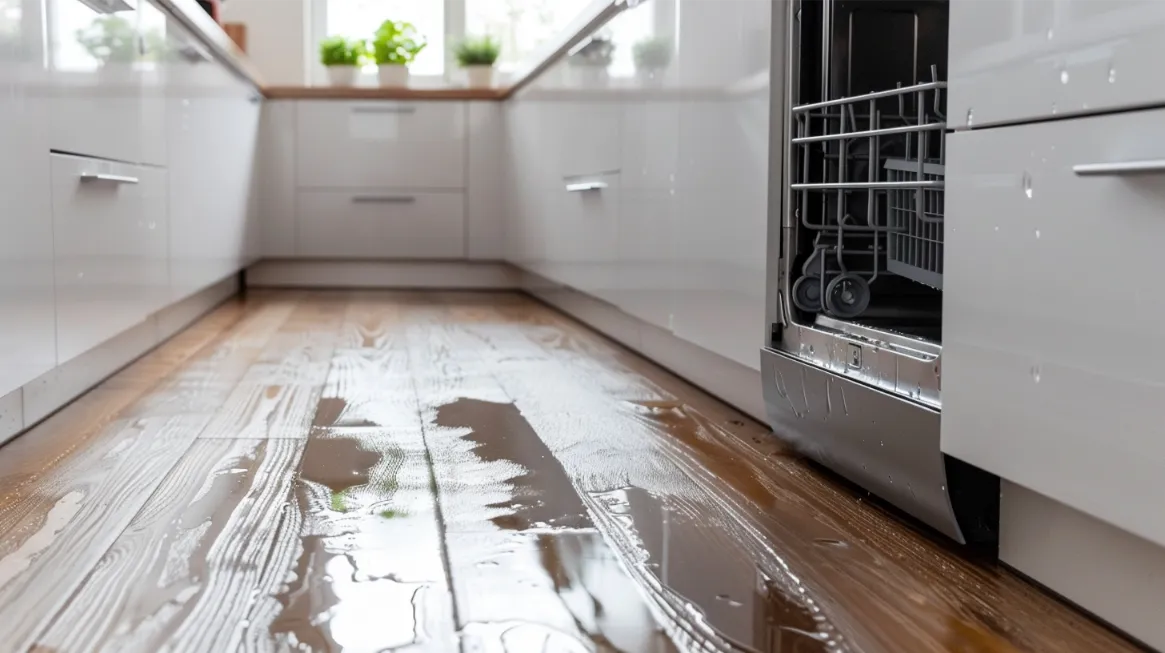Shower valve types include pressure balancing, thermostatic, diverter, mixing, and transfer valves.
Pressure balancing valves guarantee consistent water pressure and temperature. Thermostatic valves provide precise temperature control and anti-scald protection. Diverter valves switch water flow between shower components like showerheads and tub spouts.
Mixing valves manually regulate water temperature but may not handle pressure changes well. Transfer valves direct water to multiple shower outlets, perfect for large walk-in showers. Choosing the suitable valve is crucial for a comfortable and safe shower. Further details on each type can enhance your understanding of shower valve options.
Key Takeaways
- Pressure Balancing Valves: Maintain consistent water pressure and temperature control in showers.
- Thermostatic Valves: Provide precise temperature control, anti-scald protection, and preset temperature settings.
- Diverter Valves: Control water flow between various shower components, ideal for multiple fixtures or steam showers.
- Mixing Valves: Manual water temperature regulation is standard in older houses; upgrade for better safety.
- Transfer Valves: Direct water flow to multiple shower outlets, essential for sizeable walk-in shower designs.
Pressure Balancing Valves
Pressure balancing valves are essential in maintaining consistent water pressure and temperature control in showers. Designed to prevent sudden temperature changes, these valves guarantee a comfortable shower experience by balancing the hot and cold water flow.
Adjusting the water temperature with a single control handle is convenient during use. Ideal for showers with one to two shower heads, pressure balancing valves offer value and reliability. Their primary function is stabilizing the water temperature and preventing scalding incidents.
Thermostatic Valves
Thermostatic valves, known for their precise temperature control, utilize a thermostat to sense and adjust the hot and cold water flow automatically. These valves offer anti-scald protection and preset temperature control, making them a safe option for shower users. They are particularly suitable for more extensive showers where maintaining consistent water temperature is vital.
Diverter Valves
Controlling water flow between various shower components, diverter valves are essential in directing water for different functions within a shower setup. These valves are pivotal for efficiently switching water flow between showerheads and tub spouts in combined bathtub and shower arrangements.
Available in two-way and three-way options, diverter valves cater to different plumbing configurations, providing flexibility in water usage. They are instrumental in bathrooms with multiple fixtures or steam showers, ensuring adequate water distribution to desired outlets.
Mixing Valves
Mixing valves, commonly found in older houses, are traditional shower valves that manually mix and regulate water temperature by drawing from hot and cold taps. While these valves have been widely used, they are less prevalent in newer constructions due to their inability to effectively handle sudden water pressure changes.
Upgrading from mixing valves to pressure-balancing or thermostatic valves can significantly enhance safety and temperature stability in the shower. Setting the water heater to 120 degrees Fahrenheit when mixing valves is crucial to prevent scalding incidents.
Transfer Valves
When considering upgrades to improve water temperature control and safety in the shower, homeowners may explore transfer valves’ functionality and benefits, especially in modern shower systems.
In sizeable walk-in shower designs, transfer valves are crucial in directing water flow to multiple shower outlets, such as handheld shower heads or overhead fixtures. These valves provide the convenience and flexibility of controlling water flow between different outlets, ensuring efficient water distribution in the shower system.
With transfer valves, users can enjoy the convenience of using various shower components simultaneously without turning off the main shower. This makes transfer valves essential for maintaining water flow to all fixtures in a multi-head shower setup.
Manual Valves
Manual valves, preferred for their simplicity and affordability, feature a single handle for water control. These valves are a budget-friendly option for regulating water flow in showers.
Here are some critical points about manual valves:
- Manual valves require manual adjustment for water temperature.
- They are sensitive to temperature fluctuations needing frequent monitoring.
- While cost-effective, manual valves may lack the precision of other valve types.
- Convenience might be compromised as manual adjustments are necessary for maintaining consistent water temperature.
Frequently Asked Questions
How Do I Know What Type of Shower Valve I Have?
To determine the type of shower valve, observe if it has a single control handle for pressure balancing, separate controls for temperature and volume for a thermostatic valve, or manual adjustment for older mixing valves. Diverter and transfer valves serve specific functions.
What Kind of Valve Is Used in a Shower?
In showers, various valve types are utilized for water control. Pressure-balancing valves maintain consistent water pressure and temperature, while thermostatic valves offer advanced temperature-sensitive systems. Diverter valves direct water between the showerhead and tub spout, and transfer valves enable multiple shower heads to flow simultaneously.
What Is the Valve That Turns the Shower On?
The valve that turns on a shower is typically a pressure-balancing valve in modern showers. This type of valve helps maintain water pressure and temperature consistency, preventing sudden temperature changes for a comfortable shower experience.
What Is a Shower Control Valve Called?
A shower control valve, shower valve, or shower mixer valve regulates water temperature, flow, and pressure in a shower system.




